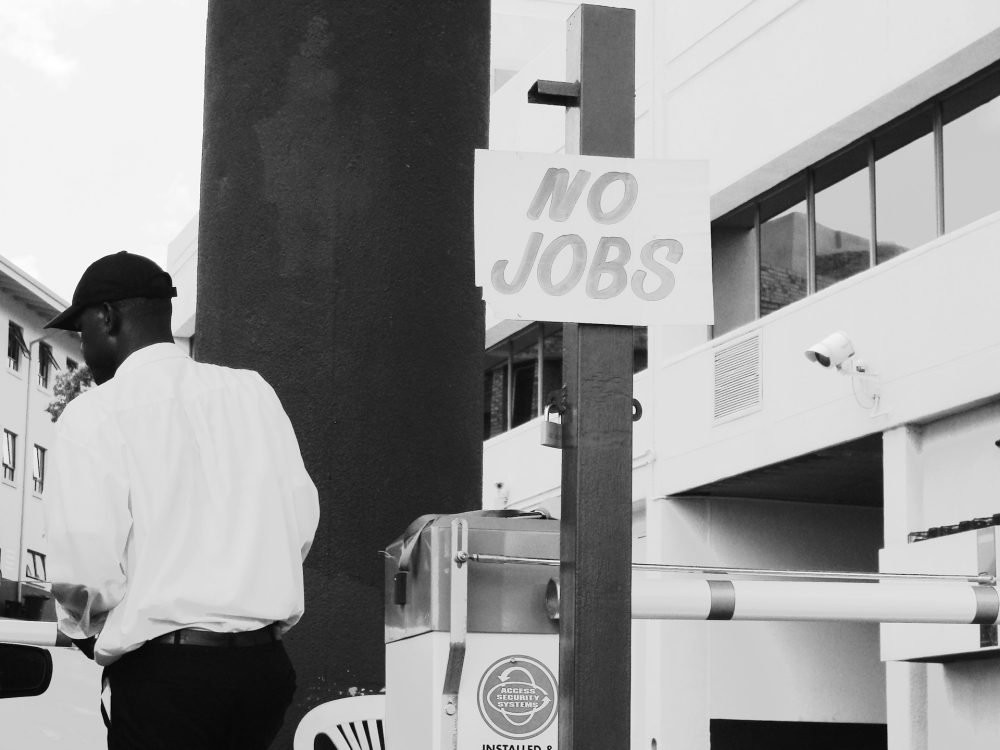Featured
Are you a naive investor? 4 investing mistakes to avoid
If you are planning on doubling your gains and keeping your dividend portfolio from losing value, avoid these investing errors.

When the stock market crashed in 2008, people lost their fortunes, companies went out of business, and workers lost their jobs. In a year and a half, the stock market dropped from a high of 14,000 to a low of 6,500, losing more than half its value. The only people who were left smiling were those guys in the movie The Big Short. The rest of us were left scarred, scrambling to find a way to pay our bills in the Great Recession.
What a difference a decade makes. The market has recovered (the Dow Jones has risen to 24,000), but have you? If you ever want to earn more money for the future (a nice car, new house, or early retirement), you’ll need to get more than the one percent a savings account is paying you.
In fact, you should invest in the market, and when you do, behavioral economists and authors of Nudge, Richard Thaler and Cass Sunstein, advise you to avoid these four common mistakes.
1. Counting your money
When you invest, it’s for the long term. It’s not for tomorrow, the weekend, or a couple months from now. It’s for years. Daily, weekly, monthly, even yearly stock fluctuations shouldn’t bother you when you are thinking in terms of decades.
Stock prices will go down in the short term, but in the long term, the market will go up. For example, if you left your money in the market in 2008, you would be just fine now.
So invest your money in stocks and don’t pay attention to how the market is doing until it’s time to cash out. Until the point you cash out, you have neither gained or lost money. And, usually, if you wait long enough you’ll do quite well.
2. Timing the market
When buying and selling, the conventional wisdom is to buy low and sell high. However, it is impossible to time the market perfectly. How do you know when the market has hit a low or when it has reached its peak?
In fact, according to Thaler and Sunstein, most people buy into the market when it’s high, thinking they are missing out on making money (hello Bitcoin frenzy), and then immediately sell when the market turns bad (hello housing crash). So most people actually buy high, and sell low.
The answer to timing the market is not to time the market at all. Instead, do what Thaler calls “lazy investing.” Use automatic investing to buy stocks and bonds on a regular schedule. This way it doesn’t matter if you invest in the market when it is high, low, or in between. Your investing cost will average out in the long run, so you are not overpaying for stocks. Or selling when it is too low.

Buying low and selling high is one of the most common mistakes in investing. (Source)
3. Naive diversification
Any financial advisor will tell you to diversify your portfolio in a mixture of stocks and bonds to mitigate risk. However, most of us don’t have financial advisors. Without guidance or research, we default to naive diversification, putting 50/50 in stocks and bonds or some other rule of thumb. While this will often not hurt you, you could earn more money with a little guidance.
Fortunately, many companies provide guidance and investment ratios depending on when you plan to retire or want to pull the money out called target date funds. All you have to do is choose the end date and let the experts do the work in picking your diversification ratio.
4. Investing in company stock
We all hear tales about the guy in the mailroom who worked for the tech startup and retired at the age of 20 because he was paid in company stock. But have you heard of people who invested all their money in company stock (hello Enron), only to lose it when the company busted?
According to Thaler and Sunstein, people tend to think company stock is safer but haven’t spent the time to objectively evaluate the risk. The authors are not saying you cannot invest in the company you work for. Instead, they suggest you also diversify your investment portfolio in stock outside of your company to mitigate risk.
If you avoid these four common investing mistakes, you may not become a millionaire, but you’re more likely to be happier with your results.
—
DISCLAIMER: This article expresses my own ideas and opinions. Any information I have shared are from sources that I believe to be reliable and accurate. I did not receive any financial compensation in writing this post, nor do I own any shares in any company I’ve mentioned. I encourage any reader to do their own diligent research first before making any investment decisions.

-

 Cannabis4 days ago
Cannabis4 days agoCannabis and the Aging Brain: New Research Challenges Old Assumptions
-

 Africa2 weeks ago
Africa2 weeks agoUnemployment in Moroco Falls in 2025, but Underemployment and Youth Joblessness Rise
-

 Crowdfunding2 days ago
Crowdfunding2 days agoAWOL Vision’s Aetherion Projectors Raise Millions on Kickstarter
-

 Fintech1 week ago
Fintech1 week agoFintower Secures €1.5M Seed Funding to Transform Financial Planning


























You must be logged in to post a comment Login